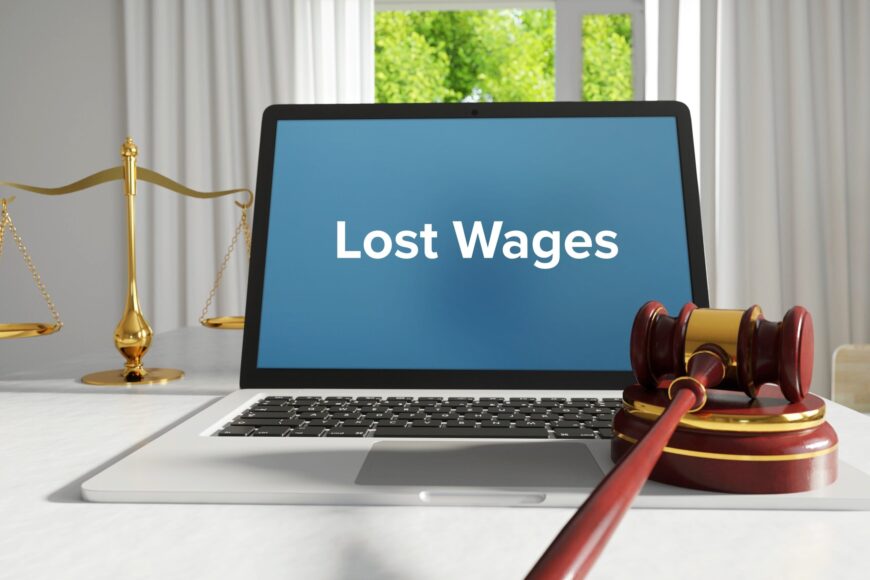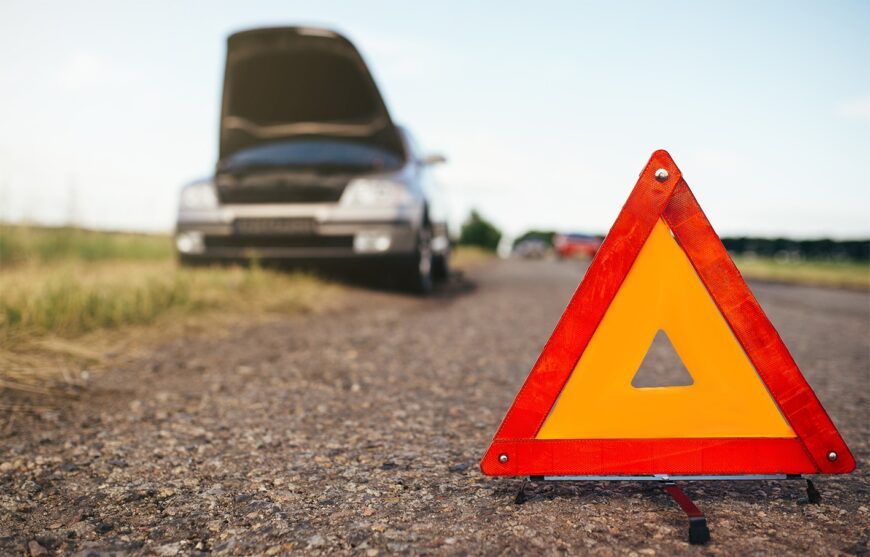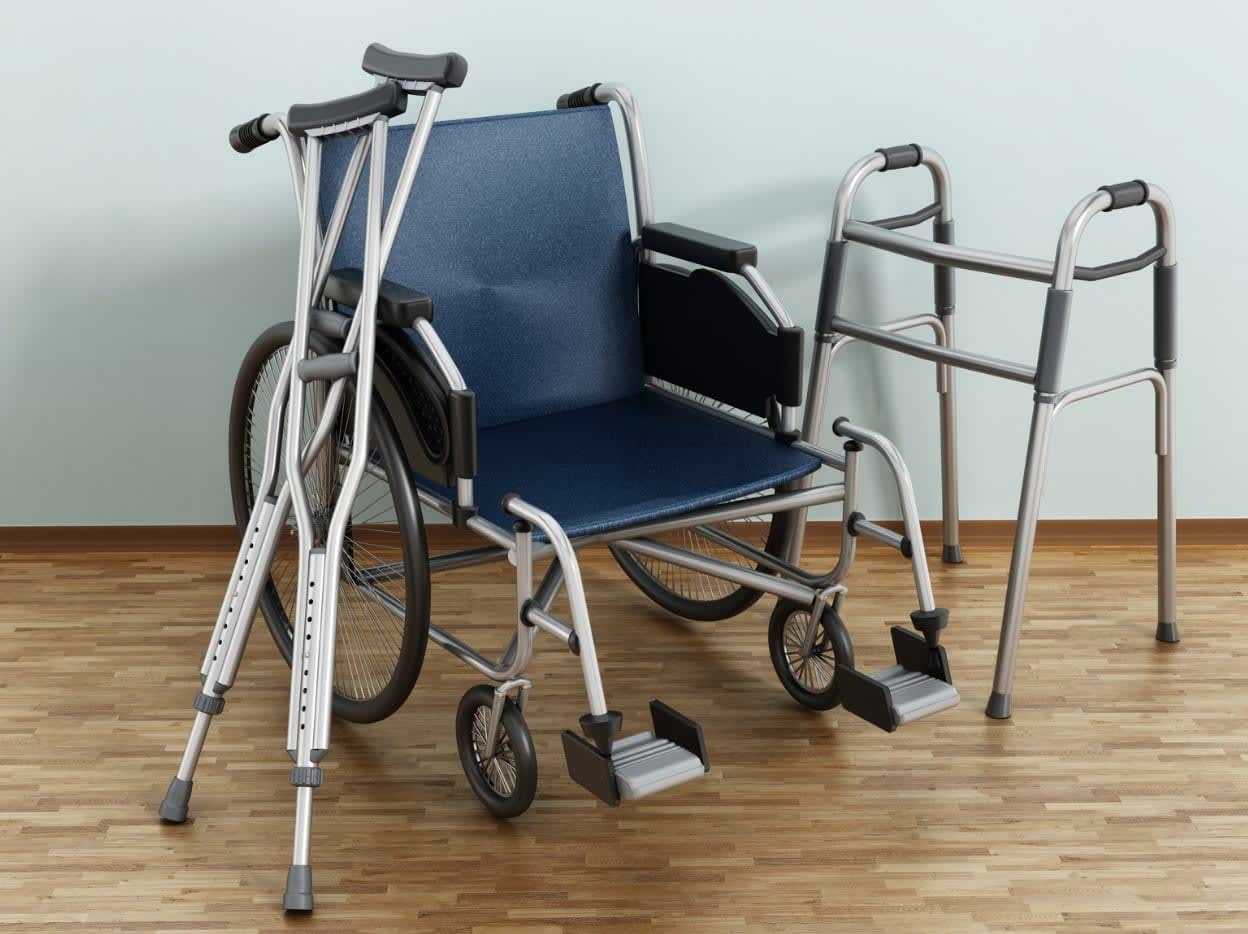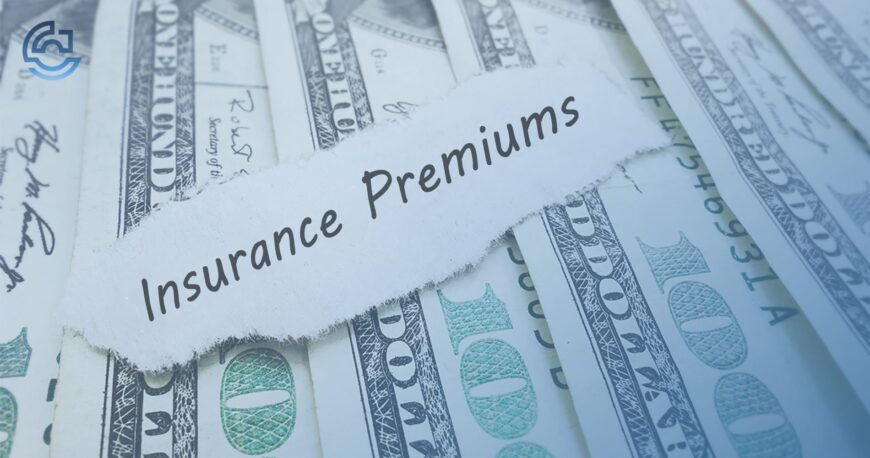When people think about the cost of a car accident, they usually picture obvious expenses: repairing the vehicle, paying medical bills, or covering an insurance deductible. While these costs are significant, they’re only part of the picture.
The reality is that car accidents often come with hidden expenses that can quietly drain your savings and cause long-term financial stress. These unexpected costs may not be covered by insurance, and many accident victims aren’t prepared for them.
This article explores the hidden costs of car accidents and how understanding them can help you protect your financial future. Friedman, Domiano & Smith helps crash victims secure maximum compensation to help them move forward with their lives.
Lost Wages and Reduced Income

If your injuries prevent you from working, even temporarily, you may lose income. For hourly workers or people without paid sick leave, this can have an immediate impact. Salaried workers may use up their vacation or personal days while recovering.
More severe injuries can lead to reduced earning capacity, meaning you’re unable to return to your old job or must work fewer hours. This long-term loss of income can be financially devastating, especially if you are the main earner in your household.
Documenting missed work and changes to your income is crucial if you plan to seek compensation from the at-fault driver’s insurance.
Transportation Costs While Your Car Is Out of Service

If your car is damaged, you may need to find alternative transportation while it’s being repaired or replaced. These costs can add up quickly and may not be fully covered by your insurance. Common expenses include:
- Rental car fees
- Rideshare or taxi costs
- Public transit fares
- Increased fuel costs if you must drive a less efficient vehicle
Even if your policy includes rental coverage, it often has a daily limit and time cap, which may not cover the full period you’re without a car.
Out-of-Pocket Medical Expenses
While insurance may cover some medical treatment, many accident victims end up paying out-of-pocket for:
- Prescription medications
- Over-the-counter pain relief and medical supplies
- Physical therapy or rehabilitation not fully covered by insurance
- Transportation to and from medical appointments
- Childcare during doctor visits or therapy sessions
Even small expenses can add up over weeks or months of treatment.
Home and Lifestyle Adjustments

Injuries can make it difficult to perform everyday tasks, especially if you suffer long-term or permanent impairments. You may need to pay for:
- Mobility aids (crutches, walkers, wheelchairs)
- Home modifications (ramps, grab bars, shower chairs)
- Professional cleaning or home care services
- Lawn care or grocery delivery if you can’t manage them yourself
These costs are often overlooked at first but can become essential for maintaining your quality of life during recovery.
Emotional and Psychological Costs

The financial impact of a crash isn’t limited to physical injuries. Many people struggle with anxiety, depression, or Post-Traumatic Stress Disorder (PTSD) after a serious accident.
Caring for your mental health can involve:
- Therapy or counseling
- Psychiatric evaluations
- Medication
- Time off work to recover emotionally
These costs are very real, even if they’re harder to measure. Left unaddressed, emotional trauma can delay recovery and hurt your long-term well-being.
Legal and Administrative Costs
If you pursue a claim or lawsuit, there may be legal costs that aren’t fully covered until you win or settle your case. Examples include:
- Fees for obtaining medical records or police reports
- Costs of hiring expert witnesses or accident reconstruction specialists
- Court filing fees or document preparation costs
If you hire a personal injury attorney, they typically work on contingency (no upfront fees), but some out-of-pocket costs may still be your responsibility as the case moves forward.
Increased Insurance Premiums

Even if you weren’t at fault, your insurance rates could increase after a crash. Some insurers raise premiums simply because you were involved in an accident, regardless of blame.
This increase can last for several years and quietly cost thousands of dollars over time. Shopping around for new policies after your claim is resolved may help offset this expense.
Opportunity Costs
Car accidents can also create opportunity costs, which are the lost opportunities caused by time spent recovering. These can include:
- Missed promotions or career opportunities
- Time away from education or training
- Postponed major purchases or life plans due to financial strain
These losses are hard to measure but can affect your future earnings and quality of life.
How to Protect Yourself From Hidden Costs
While you can’t undo the accident, you can take steps to minimize financial damage:
- Document everything: Keep records of all expenses related to the crash, including receipts, invoices, and mileage.
- File claims promptly: Submit insurance and injury claims as soon as possible to avoid delays.
- Seek legal advice: A personal injury lawyer can help identify all potential damages you may be entitled to recover.
- Plan for the long term: Consider how the accident might affect your future income and savings, and adjust your financial plans if needed.
Awareness is key. The sooner you recognize these hidden costs, the better you can prepare to manage them.
The price of a car accident goes far beyond visible damage and medical bills. Lost wages, emotional trauma, ongoing care, and lifestyle changes can quietly drain your finances if you’re not prepared.
By understanding the hidden costs, tracking your expenses, and getting the right support, you can protect your financial stability and focus on what matters most: healing and moving forward.








